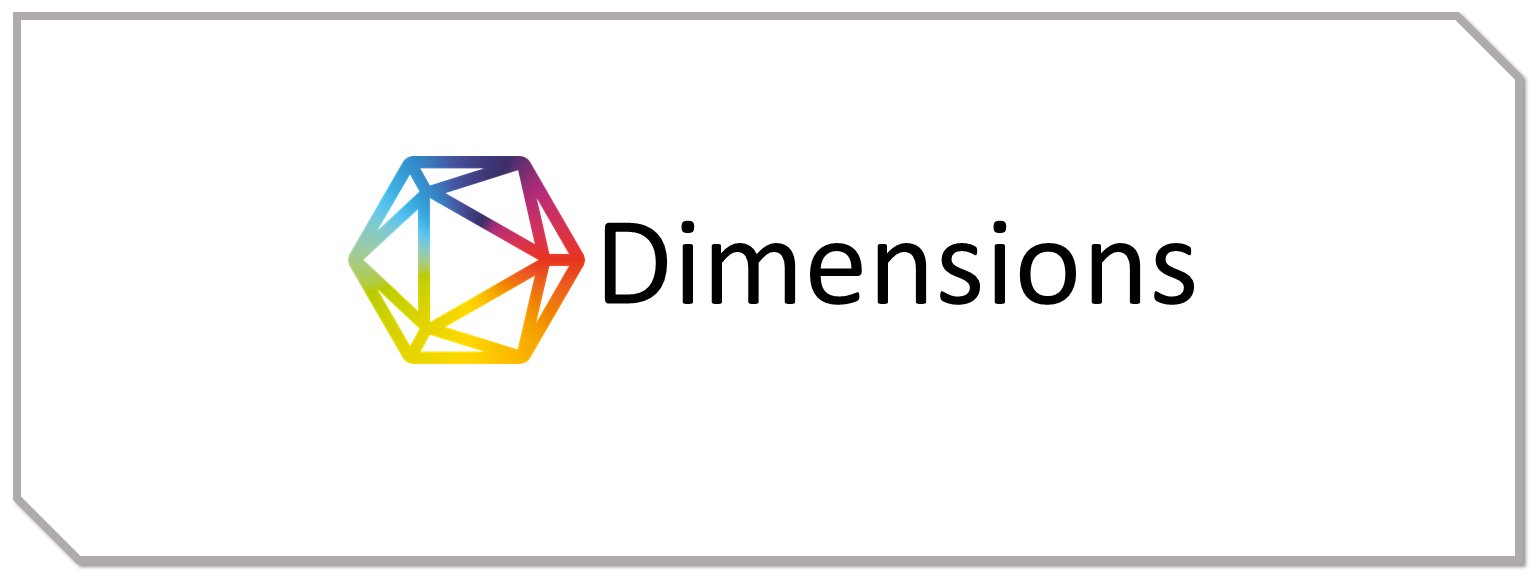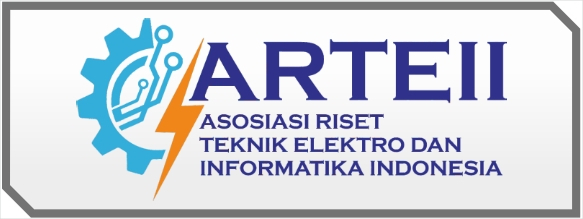Persuasi Politik melalui Bantuan Sosial: Studi Kasus tentang Persepsi Publik dan Perilaku Memilih pada Pemilihan Umum 2024
DOI:
https://doi.org/10.55606/juitik.v5i2.1077Keywords:
Social Assistance (BANSOS), 2024 Presidential Election, Politicization of Social Assistance, Voter BehaviorAbstract
This writing discusses the analysis of the impact of social assistance on public perception and voting behavior in the 2024 General Election. Through interviews with various informants, the research findings reveal diverse views regarding the relationship between social assistance and voting behavior. The findings categorize the main themes into perceptions of social assistance, the influence of social assistance on voting behavior, and factors influencing voter decisions. The research results indicate that the receipt of social assistance does not have a significant direct influence on voter decisions in the general election. Factors such as personal integrity, candidate performance, and their vision and mission play a more determining role in the decision-making process by voters. Although social assistance may be considered a strategy of money politics, its effect on voter behavior is limited. This research highlights the importance of integrity, transparency, and accountability in providing social assistance to ensure that its goals for social welfare are not compromised by political interests. Proposed recommendations include increasing transparency and accountability in the provision of social assistance, political education for the public, strengthening democratic principles in social assistance programs, and encouraging active participation of the community in the democratic process. These findings provide important insights into the dynamics of voter behavior and emphasize that voters have the ability to make independent decisions based on substantial considerations of the quality and potential of candidates.
References
Bisnis.com. (2024, 2 Februari). Cek fakta bansos jelang Pilpres 2024 tertinggi sepanjang sejarah. https://ekonomi.bisnis.com/read/20240202/9/1737706/cek-fakta-bansos-jelang-pilpres-2024-tertinggi-sepanjang-sejarah
Calista, T., & Shihab, M. (2021). Pembentukan persepsi masyarakat pekerja terhadap vaksinasi COVID-19. CARAKA: Indonesian Journal of Communications, 2(1), 20–26.
CNBC Indonesia. (2024, 2 April). Profesor IPB sindir bansos Jokowi Rp496 T hingga pork barrel politics. https://www.cnbcindonesia.com/research/20240402151307-128-527558/profesor-ipb-sindir-bansos-jokowi-rp496-t-hingga-pork-barrel-politics
CNN Indonesia. (2024, 27 Maret). Amin sindir bansos dan politik gentong babi ala Jokowi di Pilpres 2024. https://www.cnnindonesia.com/nasional/20240327123259-617-1079568/amin-sindir-bansos-dan-politik-gentong-babi-ala-jokowi-di-pilpres-2024
Creswell, J. W. (2007). Research design: Qualitative, quantitative, and mixed methods approach (2nd ed.). Sage.
Haryanto, S. (2000). Faktor yang mempengaruhi perilaku pemilih dalam pilkada: Perspektif political marketing. Badan Diklat Depdagri.
Hicken, A. (2011). Clientelism. Annual Review of Political Science, 14, 289–310. https://doi.org/10.1146/annurev.polisci.031908.220508
Historia. (t.t.). Gentong babi di parlemen. https://historia.id/politik/articles/gentong-babi-di-parlemen-DppeD/page/2 (Diakses 30 Maret 2024)
Kavanagh, D. (1983). Political behavior: Buku kedua. PT Raja Grafindo Persada.
Kompas.com. (2024, 1 Februari). Kemensos sampai pemda patut dilibatkan salurkan bansos supaya tak politis. https://nasional.kompas.com/read/2024/02/01/06100061/kemensos-sampai-pemda-patut-dilibatkan-salurkan-bansos-supaya-tak-politis
Layton, M. L., Moreno, D., & Smith, A. E. (2015). Incorporating marginal citizens and voters: The conditional electoral effects of targeted social assistance in Latin America. Comparative Political Studies, 48(7), 854–881. https://doi.org/10.1177/0010414014555442
Mesquita, B. B. de, Smith, A., Siverson, R. M., & Morrow, J. D. (2005). The logic of political survival. The MIT Press. (Asli diterbitkan 1999)
Niskanen, W. (2017). Bureaucracy and representative government. Routledge. (Asli diterbitkan 1971)
Omona, J. (2013). Sampling in qualitative research: Improving the quality of research outcomes in higher education. Makerere Journal of Higher Education, 4(2), 169–185.
Plano, C. J., & Olton, R. (1999). Hubungan internasional dalam berpolitik. Abardin.
Prasetyo, Y. E., dkk. (2023). Dilema bansos: Pembelajaran dari pandemi dan urgensi reformasi tata kelola. Penerbit Buku Kompas.
Ramadhan, M. N., dkk. (2019). Klientelisme sebagai perilaku koruptif dan demokrasi banal. Jurnal Antikorupsi INTEGRITAS, 5(1), 169–180.
Sugiyono. (2017). Metode penelitian kuantitatif, kualitatif, dan R&D. Alfabeta.
Susanto. (1992). Voting behavior. Rajawali Pers.
Tempo. (2024). Efek BLT terhadap suara Pilpres 2024. https://koran.tempo.co/read/ekonomi-dan-bisnis/487001/efek-blt-terhadap-suara-pilpres-2024
Weintraub, S., Thomas-Maddox, C., & Byrnes, K. (2013). Perception and communication: A matter of perspective from communicating in your personal, professional and public lives. Kendall Hunt Publishing.
Wood, J. T. (2016). Communication mosaics: An introduction to the field of communication. Cengage Learning.
Yongki, S. M. (2012). Pemilu dan perilaku memilih 1955–2004. Pustaka Eureka.
Downloads
Published
How to Cite
Issue
Section
License
Copyright (c) 2025 Jurnal Ilmiah Teknik Informatika dan Komunikasi

This work is licensed under a Creative Commons Attribution-ShareAlike 4.0 International License.

















